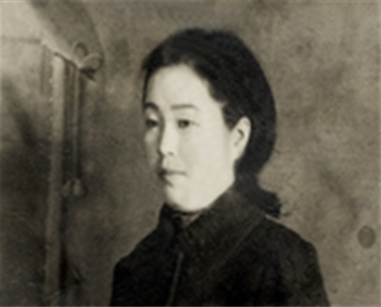Pak Kyongni (1926-2008) was a celebrated Korean novelist and a seminal figure in the history of modern Korean literature. After her literary debut in 1955, she wrote numerous books in a career that spanned more than five decades. A writer who combines a keen critical eye with a panoramic perspective, Pak’s best-known work is the twenty-volume epic novel Land (Toji), written in five parts between 1969 and 1994, which weaves the shifting fortunes of a single clan into the turbulent history of modern Korea. It chronicles the lives of several individuals against the socio-political backdrop of Korea from the late nineteenth century to the end of Japanese imperialism in 1945. The narrative follows four generations of the Choi’s clan, a family of wealthy landowners in Hadong region of Gyeongsangnam-do, whose lives become witness to the cataclysmic changes in Korean society, from the dissolution of the traditional sociopolitical hierarchy and family system, to the influx of Western materialism, and finally to the reality of colonial domination and concomitant struggle for independence. Underlying the work’s grand scale and acute historical awareness is the fundamental affirmation of life. Land, invoking the double image of the womb and the tomb, embraces human suffering and gestures toward healing. Pak Kyongni’s ability to keep in sight both the minute and the grand, to relate events of personal importance to the national context in which they occur, as well as to intimate a philosophical insight regarding human nature itself, has made Land a modern classic. This masterpiece has since been listed in the UNESCO collection of seminal works.

[Pak Kyongni’s graduation photo from Jinju Girls’ High School]
